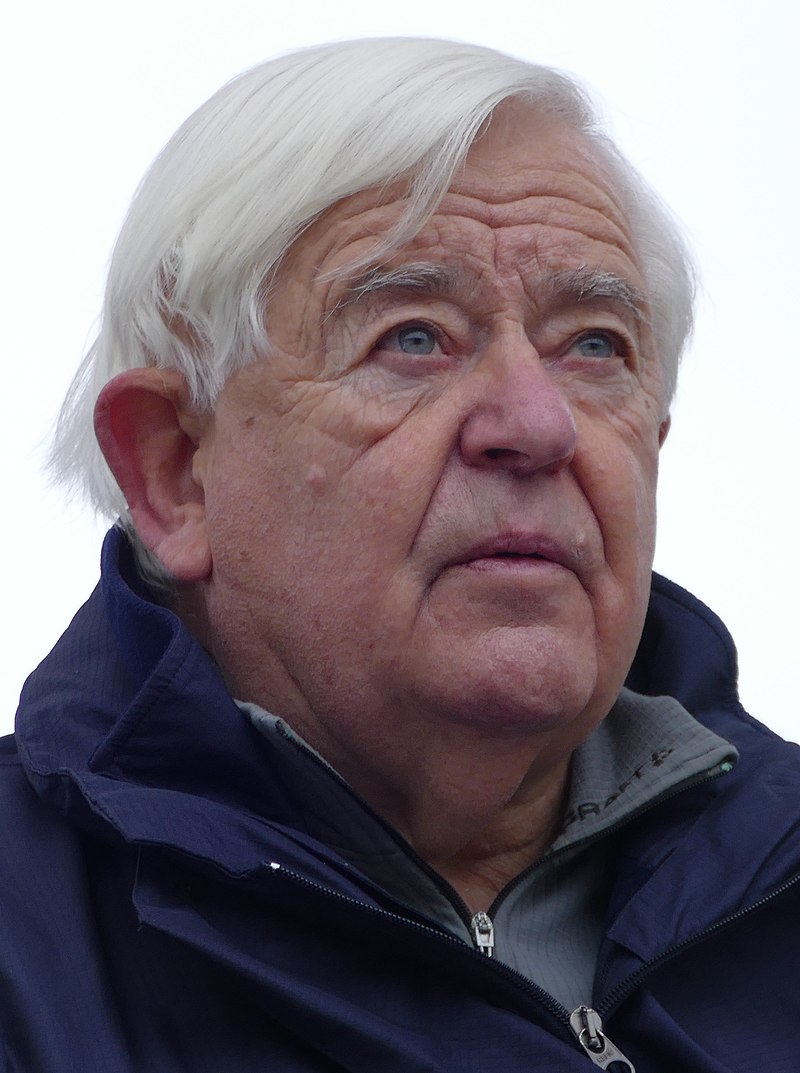
Milan Kučan
Milan Kučan is a notable Slovenian politician who served as the first President of Slovenia from 1992 to 2002, playing a crucial role in the country's independence and establishment as a democratic state. He is recognized for his leadership during a transformative period in Slovenia's history. Kučan's historical perspective on significant events, including his reflections on the implications of current geopolitical shifts, remains influential in discussions about Slovenia's place in Europe and the broader international community.
Born on Jan 29, 1941 (85 years old)
Global Media Ratings
Countries Mentioned
| Country | Mentions | Sentiment | Dominance | + Persistence | x Population | = Reach | x GDP (millions) | = Power |
|---|---|---|---|---|---|---|---|---|
| Slovenia | 1 | 7.00 | 0.10% | +0% | 2,078,938 | 1,997 | $56,000 | 54$ |
| Totals | 1 | 2,078,938 | 1,997 | $56,000 | 54$ |
Interactive World Map
Each country's color is based on "Mentions" from the table above.
Recent Mentions
 Slovenia:
Milan Kučan is a former president of Slovenia who celebrated his 85th birthday during the event.
7
Slovenia:
Milan Kučan is a former president of Slovenia who celebrated his 85th birthday during the event.
7
 Slovenia:
Milan Kučan has long emphasized that the fragmentation of the left political space harms the overall success of promoting left-center concepts and values.
8
Slovenia:
Milan Kučan has long emphasized that the fragmentation of the left political space harms the overall success of promoting left-center concepts and values.
8
 Slovenia:
Milan Kučan is one of the former presidents who retired after his term.
6
Slovenia:
Milan Kučan is one of the former presidents who retired after his term.
6
 Slovenia:
Milan Kučan was instrumental in bringing the world-renowned conductor Carlos Kleiber to Cankarjev dom.
9
Slovenia:
Milan Kučan was instrumental in bringing the world-renowned conductor Carlos Kleiber to Cankarjev dom.
9
 Slovenia:
Milan Kučan is mentioned as having undergone surgery in Switzerland.
5
Slovenia:
Milan Kučan is mentioned as having undergone surgery in Switzerland.
5
 Montenegro:
Milan Kučan, the first president of Slovenia, commented on the miners' strike in Kosovo.
6
Montenegro:
Milan Kučan, the first president of Slovenia, commented on the miners' strike in Kosovo.
6
 Slovenia:
Milan Kučan, the first president of Slovenia, spoke about the crimes against Slovenians during the war.
8
Slovenia:
Milan Kučan, the first president of Slovenia, spoke about the crimes against Slovenians during the war.
8
 Slovenia:
Milan Kučan was the Slovenian president who notified the guardian about the painting's potential return.
6
Slovenia:
Milan Kučan was the Slovenian president who notified the guardian about the painting's potential return.
6
 Slovenia:
Milan Kučan is mentioned as the president of the state during the reconciliation ceremony.
6
Slovenia:
Milan Kučan is mentioned as the president of the state during the reconciliation ceremony.
6
 Slovenia:
Zdenko Roter served as an advisor to President Milan Kučan after Slovenia's independence.
8
Slovenia:
Zdenko Roter served as an advisor to President Milan Kučan after Slovenia's independence.
8